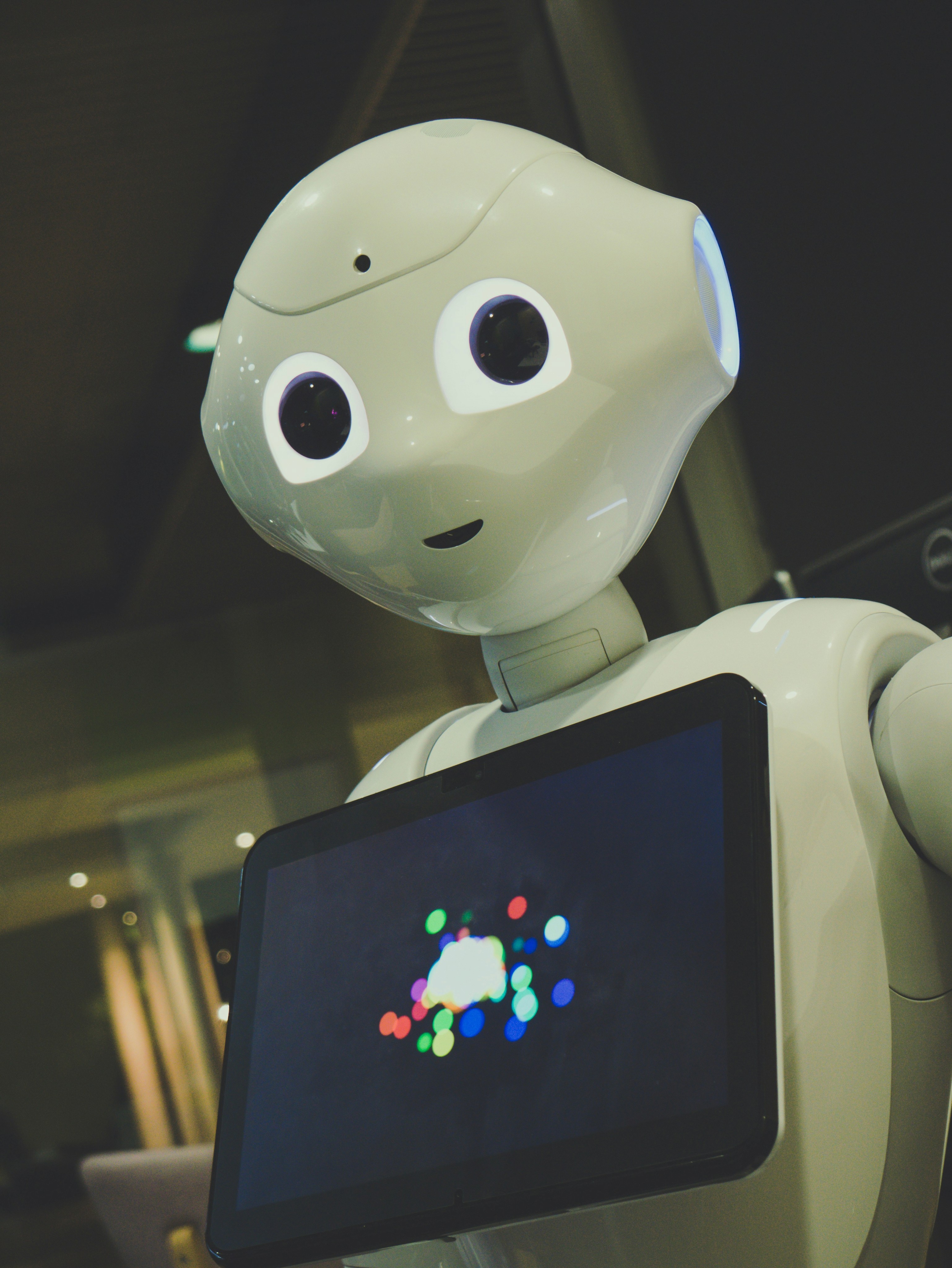Feb 26, 2024
By
Introduction
Artificial intelligence (AI) is rapidly transforming the healthcare landscape, promising a future of improved diagnosis, personalized treatment, and increased efficiency. Here's a glimpse into how AI is impacting healthcare
Enhanced Diagnostics
AI algorithms can analyze vast amounts of medical data, including medical images, patient records, and genetic information.
This allows for faster and more accurate diagnoses, aiding in early detection of diseases like cancer and heart conditions.
By identifying patterns invisible to the human eye, AI can even assist in predicting potential health risks before symptoms appear.
Personalized Medicine
AI can analyze individual patient data to create personalized treatment plans.
This takes into account factors like genetic makeup, medical history, and lifestyle choices, leading to more effective and targeted therapies.
Imagine medications tailored to your specific needs, maximizing their benefits and minimizing side effects.
Improved Efficiency and Accessibility
AI-powered chatbots can answer patients' basic questions, schedule appointments, and even provide preliminary symptom analysis.
This frees up healthcare professionals' time for more complex cases and allows patients to receive around-the-clock support.
Additionally, AI-powered tools can assist in administrative tasks like managing medical records and streamlining workflows, leading to improved efficiency within healthcare systems.
Challenges and Considerations
While AI holds immense potential, ethical considerations and challenges remain.
Ensuring data privacy and security is crucial, as AI systems rely heavily on sensitive patient information.
Additionally, addressing potential biases within AI algorithms and ensuring equitable access to AI-powered healthcare are ongoing concerns.
The Future of AI in Healthcare
Despite the challenges, the potential of AI in healthcare is undeniable. As AI technology continues to evolve, we can expect even more groundbreaking advancements:
AI-powered drug discovery: Accelerating the discovery of new medications and treatments.
Remote patient monitoring: Utilizing AI for continuous health monitoring and early intervention, particularly for chronic conditions.
Robot-assisted surgery: Enhancing surgical precision and minimizing risks associated with traditional procedures.
Overall, AI is ushering in a new era of healthcare, one that is personalized, efficient, and focused on preventative care.
As we move forward, it is crucial to ensure responsible development and implementation of AI, maximizing its benefits while addressing ethical concerns and ensuring equitable access for all.




